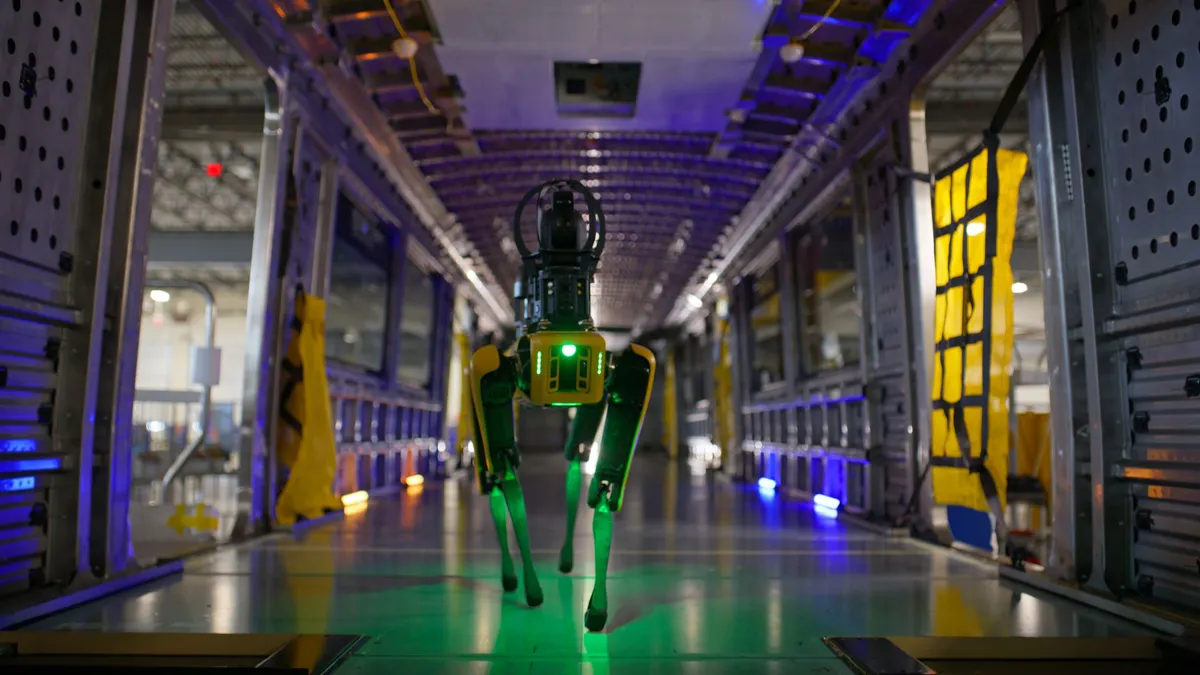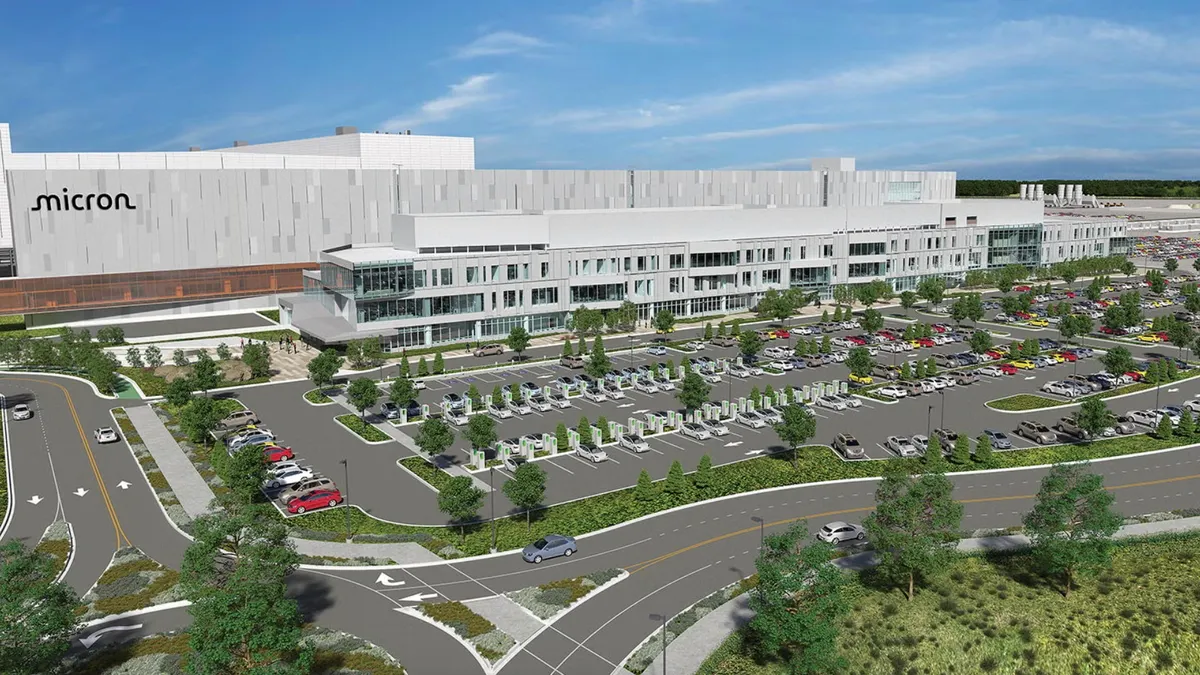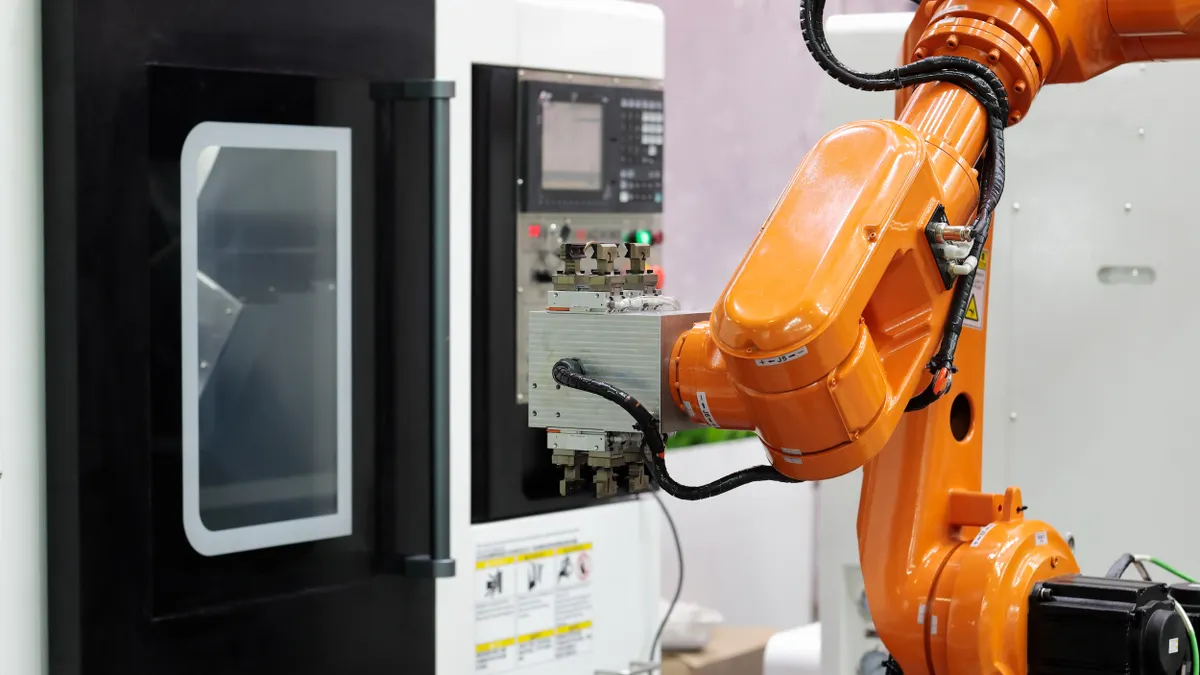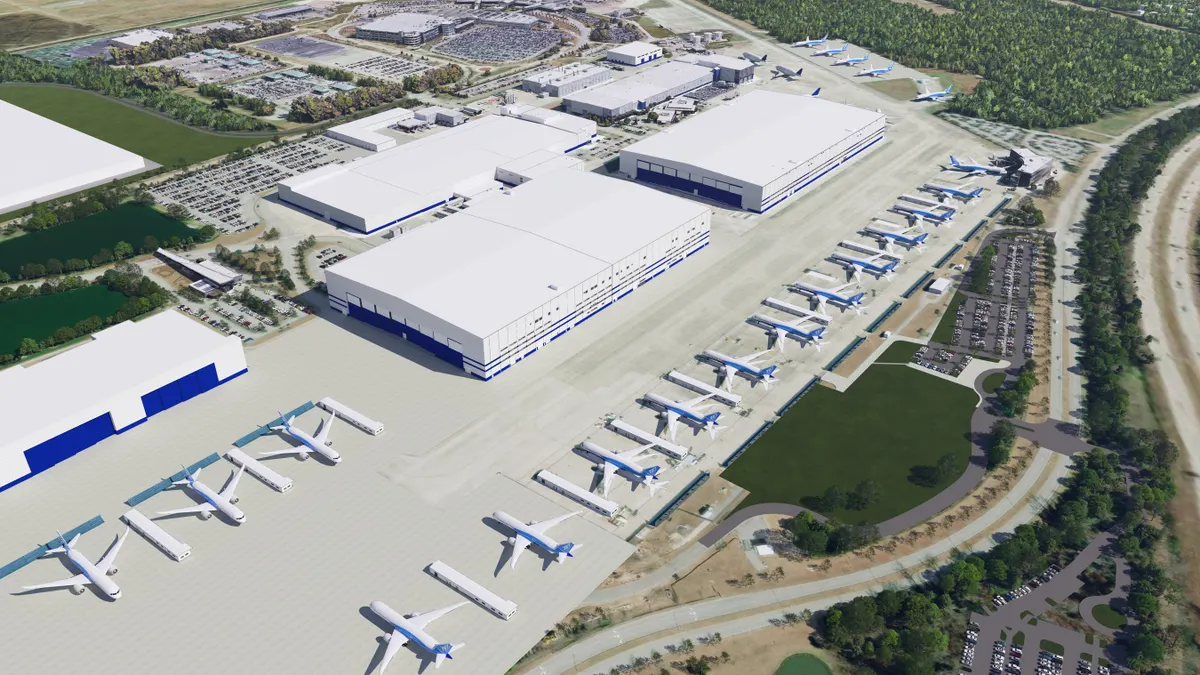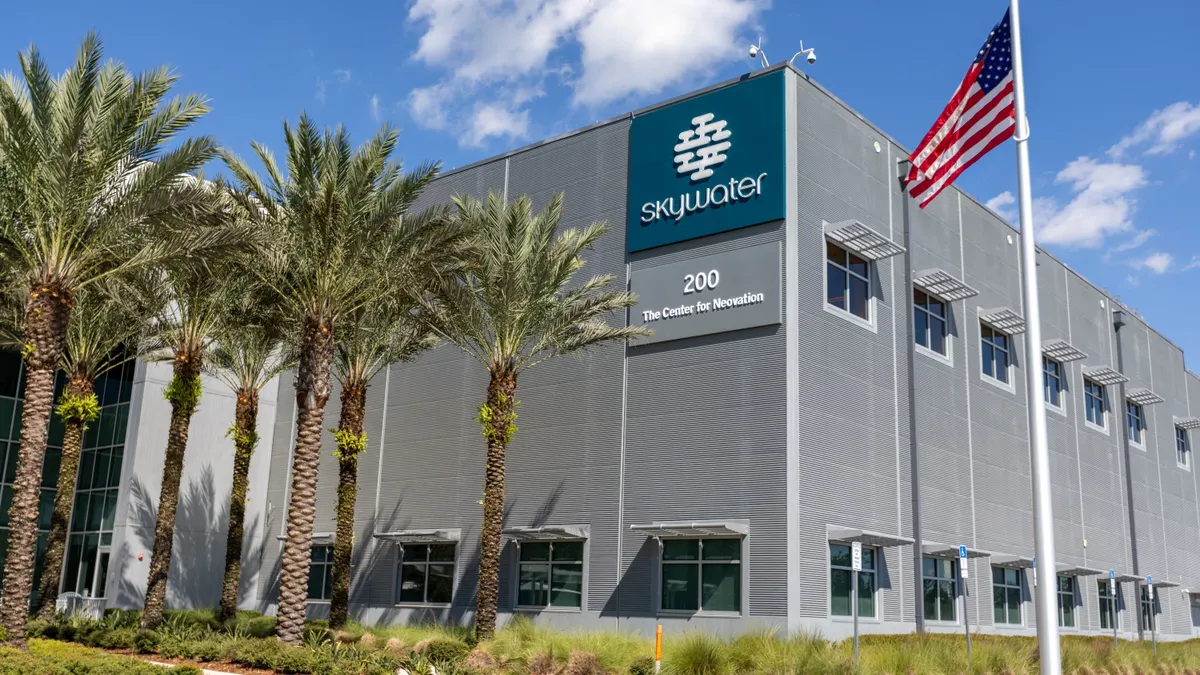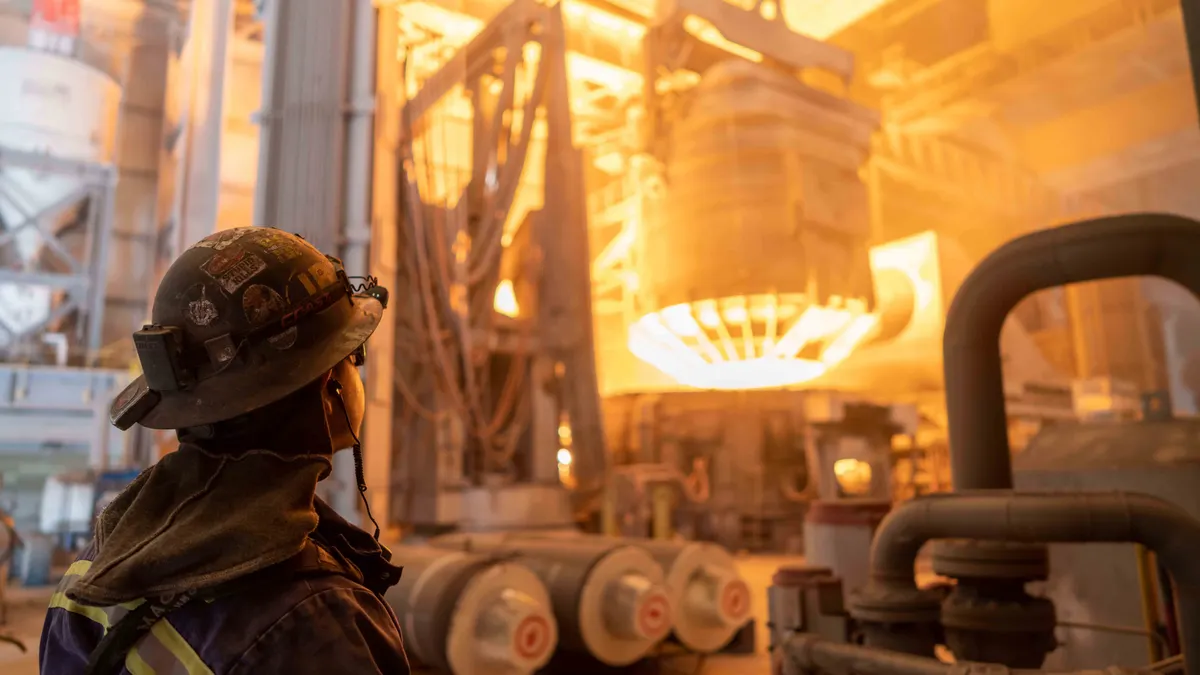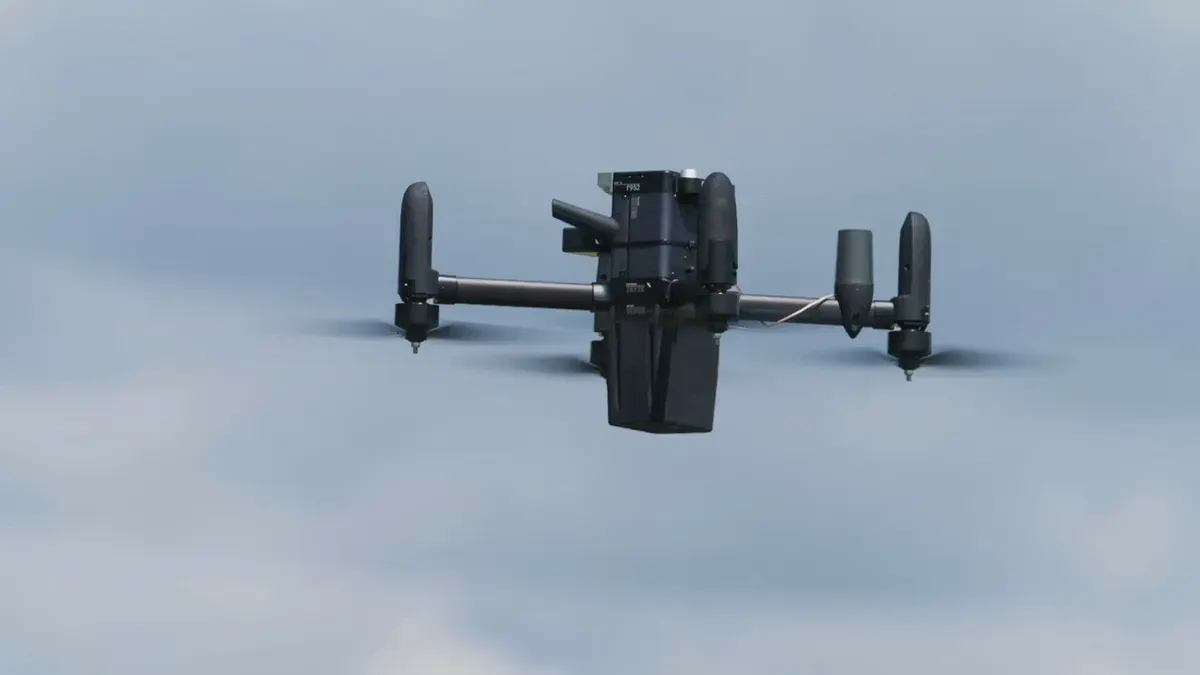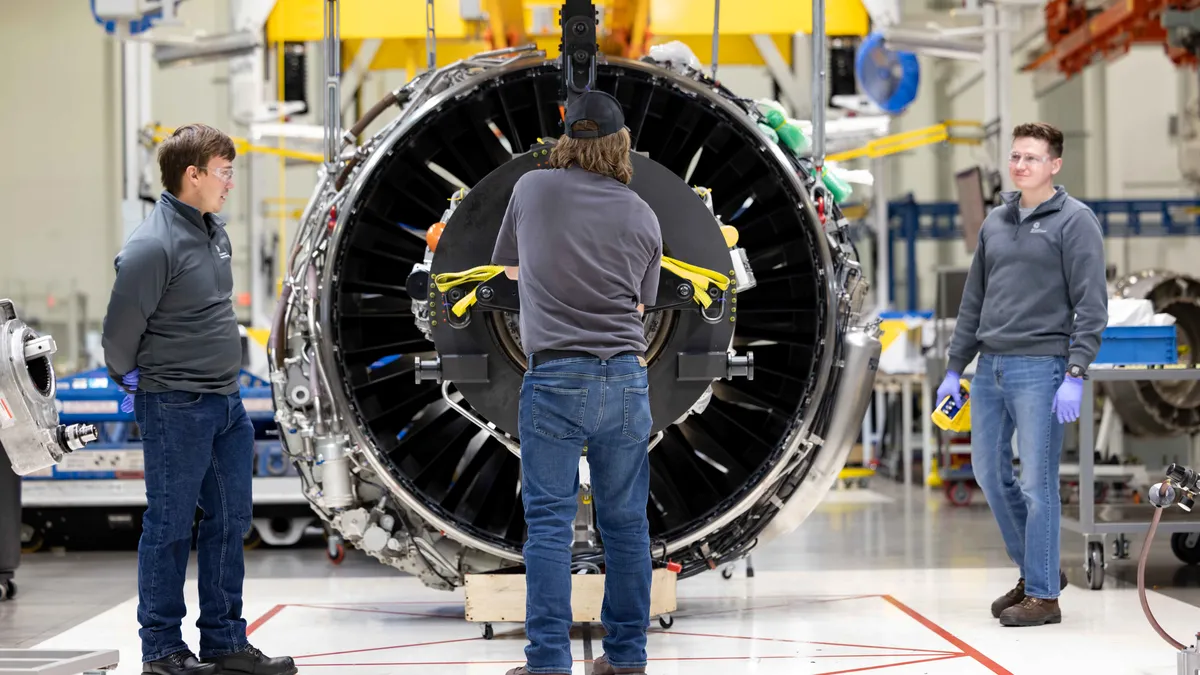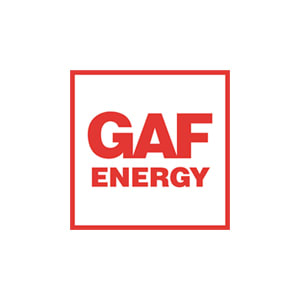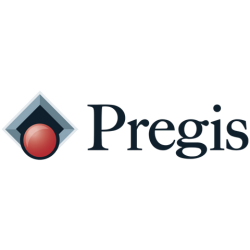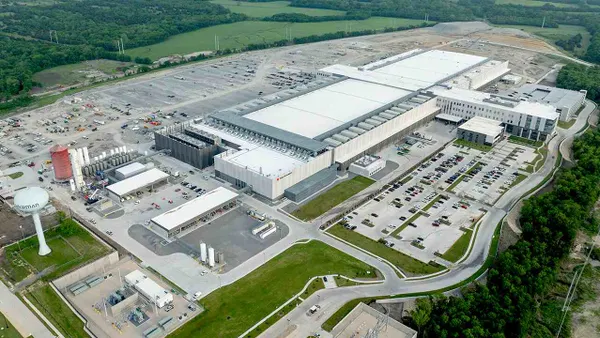Over the past two weeks, foreign companies have made a range of investments in the United States to expand their global footprint.
While the manufacturing firms did not disclose if they’re setting up shop in the U.S. to avoid tariffs, some of the funds are creating jobs as well as implementing technologies in their operations.
Here are some notable manufacturing expansions and openings in September so far.
Hitachi Rail opens lighthouse digital factory in Maryland
Hitachi Rail opened a $100 million lighthouse digital factory in Hagerstown, Maryland, on Monday.
The carbon-neutral facility will be able to deliver 20 railcars per month for North American customers with contracts serving the Washington, D.C. region, Baltimore and Philadelphia, according to the press release.
Additionally, the factory will sustain 1,300 jobs, with up to 460 employees working directly for Hitachi Rail in roles that will use artificial intelligence and smart manufacturing principles.
The investment includes over $30 million spent on digital enhancements, including Hitachi’s hyper mobility asset expert platform, or HMax, which uses AI to improve railway assets. The smart factory has been designed with a focus on high-quality production, utilizing real-time supply chain and manufacturing monitoring, 3D component printing, on-site additive manufacturing for spares and tooling, as well as full transparency on product quality.
The facility also utilizes solar panels and other forms of renewable energy to produce zero carbon dioxide emissions. The site uses plantings and AI systems to monitor and improve energy consumption efficiency.
The railway is part of Hitachi’s $1 billion investment in U.S. manufacturing. The investment includes a $457 million transformer facility in South Boston, Virginia, and $72.8 million to establish a headquarters for its subsidiary JR Automation in Zeeland, Michigan.
The investment will also allot $106 million to expand its transformer components facility in Alamo, Tennessee; $22.5 million to expand and upgrade a dry-type transformer manufacturing and distribution operations in Atkins and Bland, Virginia; and $70 million to boost a high-voltage components manufacturing facility in the Mouth Pleasant, Pennsylvania, area.
JS Link to build $223M rare earth magnet plant in Georgia
South Korea-based JS Link plans to spend $223 million to establish a rare earth permanent magnet manufacturing facility in Columbus, Georgia, Gov. Brian Kemp announced Sept. 3.
The facility will be operated under the company’s U.S. subsidiary, JS Link America, and span 130,000 square feet, according to the release. The site will create more than 520 jobs in various roles, including engineering, production, construction, administration and management. Operations are expected to begin in late 2027.
The factory, which will be strategically located at Muscogee Technology Park, is expected to have an annual production capacity of 3,000 tons.
The facility is part of JS Link’s effort to accelerate mass production capability for rare-earth permanent magnets in the U.S. and secure independent supply chains in the sector, according to the company’s Sept. 3 newsletter.
JS Link was established in 2000 as a biotechnology research and development company. JS Link expanded its business over time to include permanent magnets production, which are used in various industries including automotive, wind turbines, elevators, appliances, medical, robotics, urban air mobility, data centers, consumer electronics and defense systems.
GKN Aerospace to expand additive facility in Connecticut
U.K.-based GKN Aerospace is expanding its facility in Newington, Connecticut, by adding a production line focused on the additive fabrication of its fan case mount ring program, the company announced Sept. 4.
The component is currently being made at GKN’s facility in Trollhättan, Sweden, and is sent to Newington for final machining. With the new production line, the company will be able to support the full volume of FCMR production in “one place” as well as set up GKN to expand its additive fabrication offering to other U.S. customers, Sébastien Aknouche, SVP of material solutions, said in a statement.
The FCMR is a critical component of Pratt & Whitney’s GTF engine that powers Airbus’ A220 and Embraer’s E195-E2 aircraft, according to the news release. The process of the component’s additively fabricated core structure, the “hot size ring,” reduces material consumption and shortens production lead times. It’s also predicted to achieve more than 70% material savings as well as strengthen GKN’s global supply chains by offering an alternative production method.
The new production line is expected to create jobs, but the number was not disclosed. The Connecticut Department of Economic and Community Development also awarded GKN $2.5 million from its Strategic Supply Chain Initiative, an incentive to attract supply chain operations to the state, CT Insider reported. However, an investment number was not disclosed.
The upgrade is part of GKN’s $50 million investment in expanding its additive fabrication capabilities for civil and military engine platforms worldwide, according to the press release.
Sweden-based Lamiflex Group to establish its first US plant
The Lamiflex Group is investing over $5 million to establish its first U.S. factory in Borden, Indiana, according to a company news release.
The facility will make plastic packaging materials for U.S. sheet steel manufacturers and will be located in the Borden Business Park. The manufacturing and distribution hub is located between the FedEx World Hub in Indianapolis and the UPS World Hub in Louisville, Kentucky, according to the development’s website.
Once at full capacity, the factory will create 62 jobs by 2027, according to a Sept. 5 press release from economic development organization One Southern Indiana.
Additionally, Lamiflex’s investment will also go toward workforce development, with a key focus on robotic machinery and automation systems, according to the press release.


